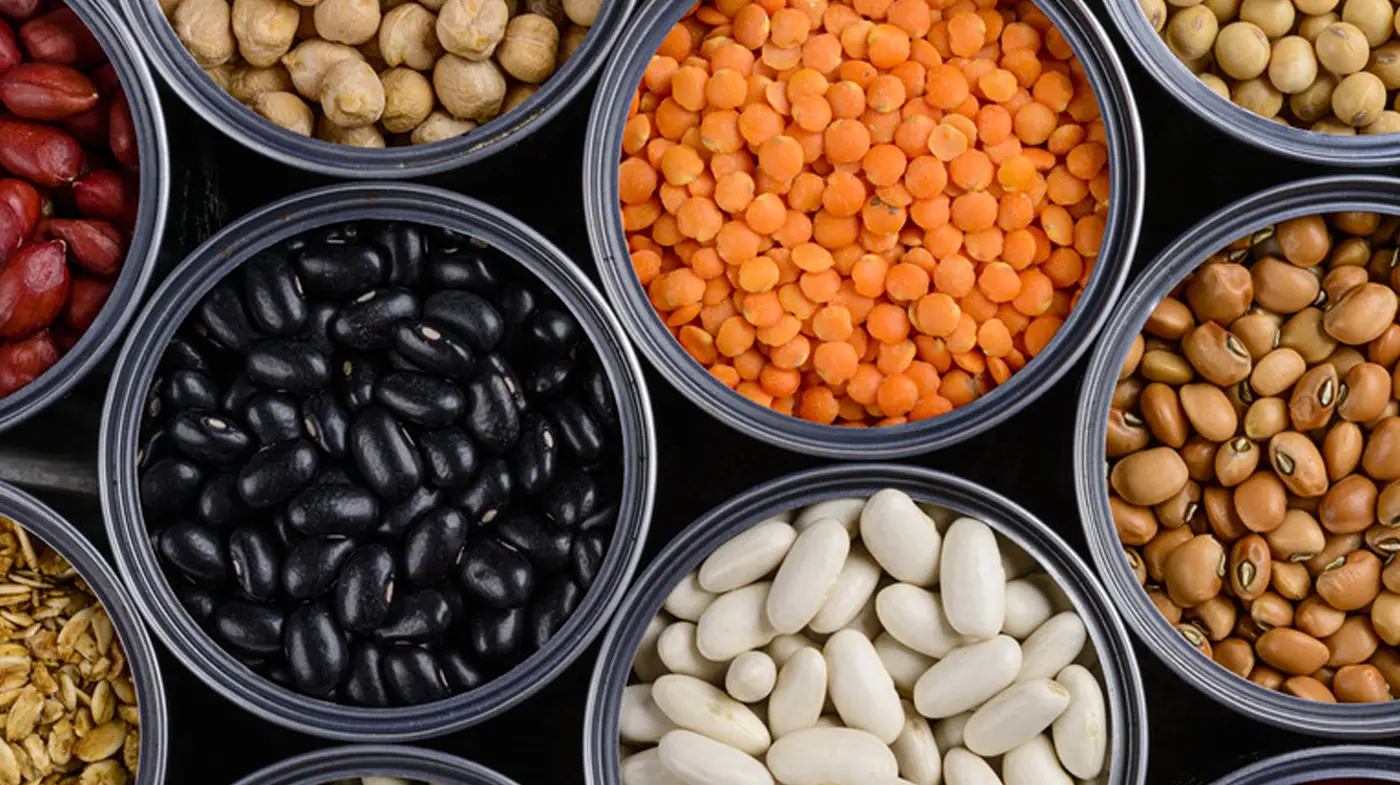Top Food Products Exported from Dubai to Iran: From Pulses to Canned Goods

In recent years, Dubai has solidified its position as a major hub in the global food trade, particularly within the Middle East. Among its key trading partners, Iran stands out due to its strong demand for quality food products and its strategic proximity. As political and economic ties continue to shift, the food export sector remains a stable and growing market. This article explores the most popular food products exported from Dubai to Iran and highlights the vital role that companies like Shima Esmail Foodstuff Trading L.L.C play in this cross-border trade.
The Role of Dubai in the Regional Food Supply Chain
Dubai serves as a logistical powerhouse thanks to its advanced infrastructure, modern ports like Jebel Ali, and dedicated food zones such as Dubai Food Park. Its liberal trade regulations and ease of doing business attract suppliers and buyers from across the globe. The city’s reputation for food safety, quality assurance, and reliable distribution channels has made it a preferred gateway for exporting to countries like Iran.
Most Popular Food Products Exported to Iran
Dubai’s food export industry is diverse, catering to both retail and wholesale markets. Among the top exports to Iran are:
- Pulses: Pulses like lentils, chickpeas, kidney beans, and mung beans are highly demanded in the Iranian market. They are essential staples used in a variety of traditional dishes. Dubai serves as a re-export hub for pulses sourced from Canada, India, and Australia.
- Rice: Although Iran has domestic rice production, imported varieties—especially long grain and basmati rice from India and Pakistan—are extremely popular for their aroma and texture. Dubai plays a central role in sourcing and shipping these to Iranian buyers.
- Canned Foods: Items like canned tuna, tomato paste, mixed vegetables, and beans are among the top-selling categories. Dubai’s access to international suppliers allows for consistent supply and competitive pricing.
- Cooking Oils: Sunflower oil, corn oil, and palm oil are imported into Dubai in bulk and packaged or re-exported to Iran. These are essential household items in the Iranian market.
- Spices and Herbs: Due to cultural and culinary ties, spices such as cumin, turmeric, cardamom, and cinnamon are widely used in Iranian cuisine. Dubai’s spice souks and bulk distribution centers serve as the primary channels.
- Nuts and Dried Fruits: Though Iran produces many of its own nuts and dried fruits, imports from Dubai complement domestic supply, particularly for almonds, cashews, and dried raisins.
Iranian Consumer Trends and Preferences
Iranian consumers prioritize both quality and value. Packaging that reflects freshness, halal certification, and health-conscious branding tends to do well in the market. There’s also growing interest in organic and non-GMO food products, creating new opportunities for exporters. As economic conditions fluctuate, affordability without compromising on quality remains a major factor.
Logistics and Customs Considerations
Exporting food products from Dubai to Iran involves navigating customs regulations, documentation, and food safety standards. Required documents typically include:
- Certificate of origin
- Health certificate
- Invoice and packing list
- Halal certification (where applicable)
Shelf-life requirements, correct labeling in Persian, and compliance with Iranian National Standards are also critical. Shipping is typically done via sea freight, with some perishable goods transported by air. Working with an experienced partner can ensure a smooth and timely export process.
Why Choose Shima Foodstuff Trading for Your Food Exports
Shima Esmail Foodstuff Trading L.L.C brings years of experience in managing food exports to Iran and neighboring regions. With a strong network of suppliers and logistics partners, Shima ensures quality sourcing, regulatory compliance, and reliable delivery. The company understands market demands and tailors product offerings accordingly. Whether you’re looking to ship large quantities of canned foods or specialized spices, Shima provides end-to-end solutions, reducing your operational stress and improving turnaround time.
Conclusion
The food trade between Dubai and Iran offers significant growth potential for exporters and distributors alike. From pulses and rice to canned goods and spices, a wide range of products continue to find eager markets across the Persian Gulf. Companies like Shima Foodstuff Trading act as crucial enablers in this ecosystem, helping bridge supply and demand with professionalism, experience, and trust. For businesses seeking to expand into the Iranian market, Dubai remains an ideal launchpad—and Shima, an ideal partner.

